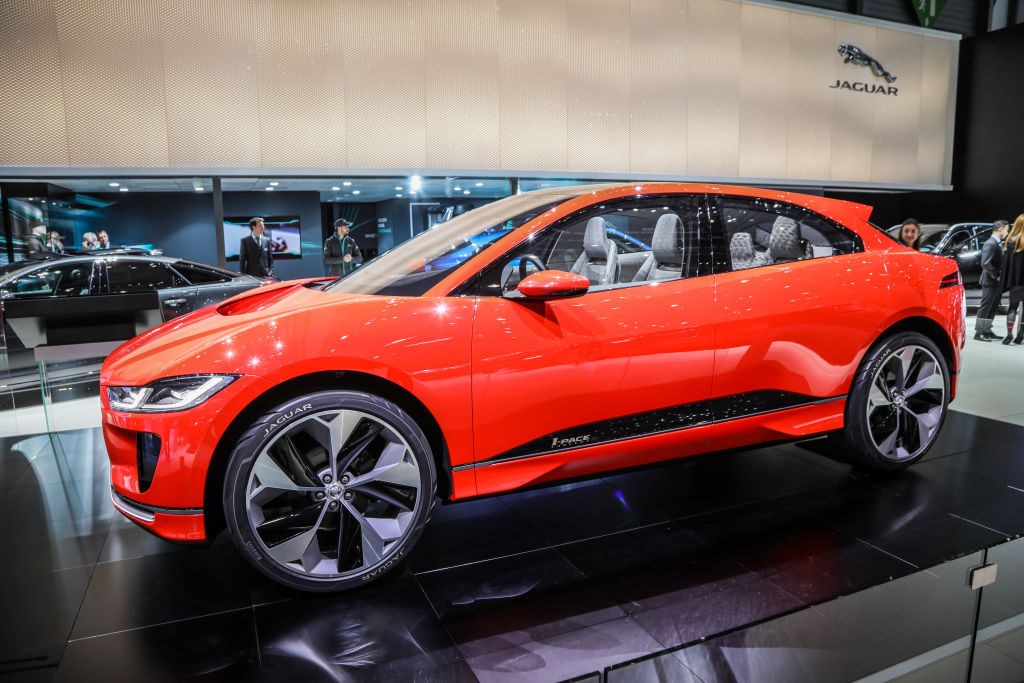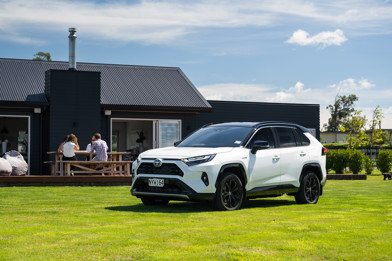There's been an enormous amount of chatter following the Government's Tuesday reveal of plans to place fees on new and newly imported vehicles with high emissions while simultaneously subsidising petrol cars and electrified cars that have low emissions.
Beyond general distaste from car enthusiasts and the inevitable questions of whether it'll actually work (as the plan currently sits, we're not sure it will), there's also been a lot of misinformation around what it all actually means.
The plan won't include any vehicles that are already in New Zealand, namely things like private sales and such. The subsidy is also not exclusively for electric cars and hybrids — plenty of the country's most popular imports (like the Suzuki Swift, Mazda Demio, and co) will be eligible for a small discount due to their low emissions.
The story also threw electric cars into the limelight. Enter former Minister of Transport Judith Collins.
The National MP is one of the country's most vocal on social media. Yesterday, she tweeted out the following.
Rather than taxing Kiwis who can’t afford EVs, why don’t the manufacturers bring down the prices? After all, there’s precious little to them.. apart from batteries and a wee electric motor.. https://t.co/feZZ09lHM6
— Judith Collins (@JudithCollinsMP) July 9, 2019
"Rather than taxing Kiwis who can’t afford EVs," she wrote, "why don’t the manufacturers bring down the prices? After all, there’s precious little to them.. apart from batteries and a wee electric motor."
There's plenty to dissect there. The tweet ignores the fact that hybrid and selected economical petrol cars are part of the discount (arguably, the majority of private vehicle buyers will actually save some money here ... something that could become an issue all on its own).
But the main topic of discussion is that second bit. "Why don't manufacturers bring down the prices?"
While it's very true that electric cars are still expensive things, prices are already coming down. It wasn't long ago that there wasn't a single fully electric car for sale in New Zealand. Then, cars like the BMW i3 and Mitsubishi i-Miev joined the fray. Tesla confirmed it was heading here with its Model S and Model X, and the genre started to gain plenty of momentum.
Three years ago, there were two fully electric vehicles available in New Zealand for less than $80,000 (the Holden Volt eventually made it three, before it was cancelled). Now, there's eight under $80,000. By the end of the year, there should be at least 10. With the amount of new EVs that get announced every month, I'd bet that the number will double again next year.
The BMW i3 arrived here in 2015 with a base price of $83,500. Now, you can get one from $77,200. Prices of electric cars here are, objectively, coming down already.
This isn't due to manufacturers just 'bringing down the prices', either. Rather, it's the free market at work. The i3 that was at one stage all alone in the market now finds itself having to justify its price-tag against things like the Volkswagen e-Golf. Expect the upcoming Tesla Model 3 to add even more disruption.
As the technology becomes less exotic and more common, prices will come down at a more exponential rate. It's what the industry witnesses with every new piece of technology that finds its way into new cars, and — like them or lump them — electric powertrains are set to follow the same path.
The other thing that's getting cheaper is batteries. According to Bloomberg, volume-weighted prices on lithium-ion packs have dropped by approximately 20 per cent each year for the last eight years. They expect that price parity between EVs and traditional EVs will occur in the mid-2020s.

Of course, lithium that's getting cheaper to source is fighting increased industry research and development costs. Scepticism and realisation of the material's background (nickel and cobalt mining are on the cards as alternatives) is being combined with consumer demand for cars capable of longer distances per charge and increasingly quicker charge times. The rate at which EVs are needing to be developed is something that internal combustion cars haven't had to deal with in decades.
This focus on development can also be applied to charging stations. While the petrol station as we know it has been unchanged seemingly forever, charging stations are undergoing incredible evolution over very short spaces of time. And, they have to in order to accommodate all these EVs that are supposedly coming down the pipe.
The catch to all this is that, as per the evolution of petrol cars, the cost of research and development will operate on a sliding scale as the industry learns more, adapts more.
So, while the theory of electric cars having "precious little to them" isn't strictly untrue, there's clearly much more to the amount on the dotted line than just a few batteries and a motor or two.
Anyways, hope that helps Judith.




